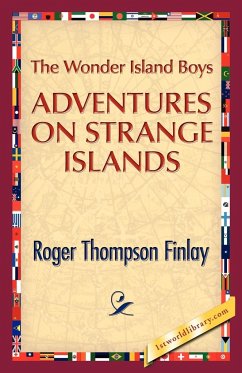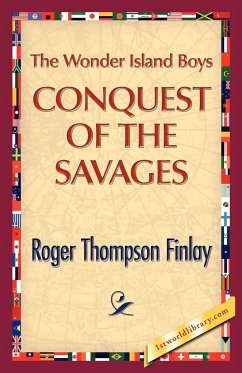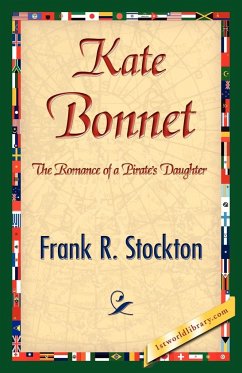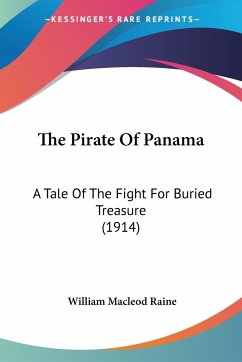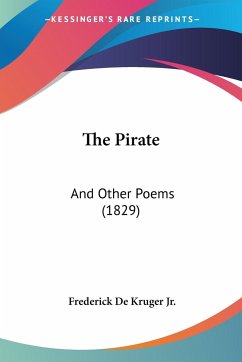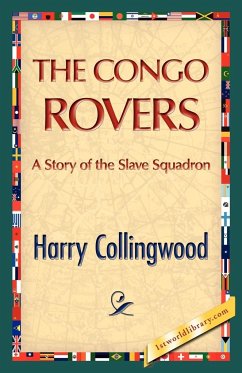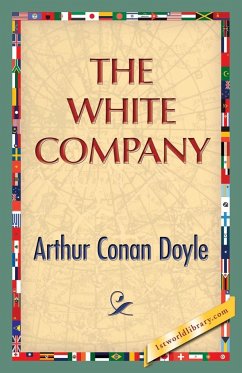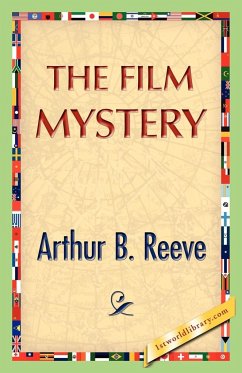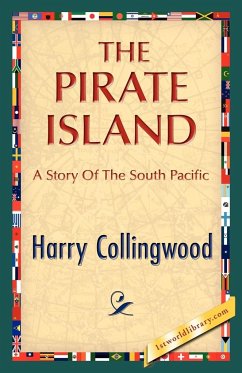
The Pirate Island
Versandkostenfrei!
Versandfertig in 1-2 Wochen
19,99 €
inkl. MwSt.

PAYBACK Punkte
10 °P sammeln!
It was emphatically "a dirty night." The barometer had been slowly but persistently falling during the two previous days; the dawn had been red and threatening, with a strong breeze from S.E.; and as the short dreary November day waxed and waned this strong breeze had steadily increased in strength until by nightfall it had become a regular "November gale," with frequent squalls of arrowy rain and sleet, which, impelled by the furious gusts, smote and stung like hail, and cleared the streets almost as effectually as a volley of musketry would have done.



